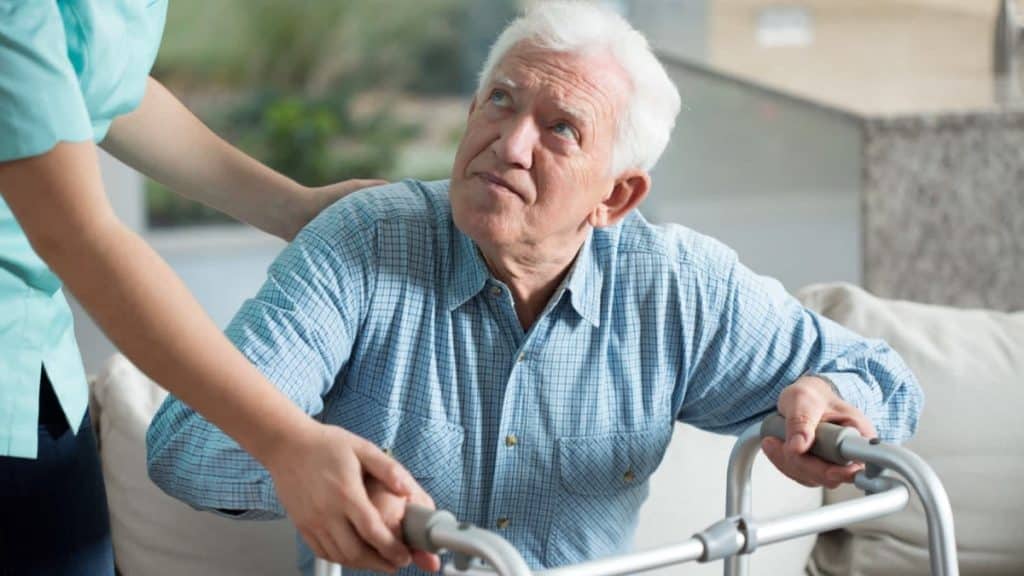Veterans have made major sacrifices for the nation, and the best way to give back to them is to recognize their service by appreciating their good work. There are various ways to support wounded veterans and their families, and this in turn helps them adapt to civilian life with ease. The transition is never easy, but with adequate support, veterans feel appreciated and comfortable with their new civilian life. The support can range from money, walking aids, and volunteering, but there are also technological ways to support wounded veteran non-profit organizations, mostly through assistive technology.
Why is assistive technology vital for wounded veterans?
Assistive technology involves various devices that wounded veterans need to perform their daily tasks better. They are handy for veterans with disability in that they improve mobility and enhance their overall quality of life. This way, veterans can live independently which improves their quality of life.
Examples of tech devices to donate include:
1. Mobility aids.
Wounded veterans with mobility issues find it hard to move around and require moving aids to ease mobility. These help veterans become more independent and move freely and include wheelchairs, scooters, and canes. They also include automobiles for veterans who have lost one or more limbs. Corporate donations for veterans are also welcome and help organizations continue offering the much-needed support to veterans and their families.
2. Communication devices/aids.
Some veterans suffer from speech disabilities and find it hard to communicate with friends and loved ones. Communication aids are handy devices to help veterans with speech and language disabilities to communicate with ease, despite their disability. These include augmentative or alternative communication software which can help with speech and voice recognition.
3. Computer software.
Other devices also include computer software to help veterans with physical cognitive disabilities to use electronic devices more effectively. They include: screen readers, adaptive keywords, eye-tracking technology, etc.
4. Home modifications.
Home modifications include modifying a veteran’s home to make the space safe, more accessible, and easier to navigate, depending on the specific disability. Special grants make it possible for veteran non-profit organizations to undertake the necessary modifications and ensure wounded veterans are safe and adapt well to their new environment despite their disability.
Examples of home modifications include:
- Wheelchair ramps
- Roll-in showers
- Installing entryway ramps
- Widening doorways
- Installing electric doors
- Installing stair lifts
5. Vision/hearing aids.
Hearing aids assist veterans with hearing impairment to allow them to still hear clearly. Similarly, vision aids may include magnifying devices and Braille displays that help wounded veterans with visual disabilities read and see in a manner possible for them.
Other ways to support wounded veterans include:
Leaving a gift will.
Writing a will is an excellent way to ensure your loved ones are taken care of after your demise. But, have you ever thought of including wounded veterans in your will? This can be a great way to appreciate them and offer support. Therefore, as you write your will, consider leaving a gift for veterans, this can help nonprofit organizations offer them the support they need.
Fundraising for wounded veterans.
You can plan for a perfect fundraising event and include friends, family members, and colleagues. Make this a fun event and include various fun activities to attract more people to raise funds to support wounded veterans.
Money donations.
You may lack adequate time to get involved in various veteran activities in your state, but you can still donate your money. Make a monetary donation to a charity non-profit organization for veterans. There are many organizations that support veterans and donating your money allows them to continue running and make various veterans programs successful. Look for credible charities and donate money or other valuables, such as: furniture, walking aids, clothes, offer employment, etc.
Final thoughts.
There are many ways to support veterans with disabilities to adapt better to civilian life. Through your donations, it becomes easier for nonprofit organizations to support veterans and help them live a more meaningful life. The benefits and eligibility for the veteran will mostly depend on the type and extent of disability.


